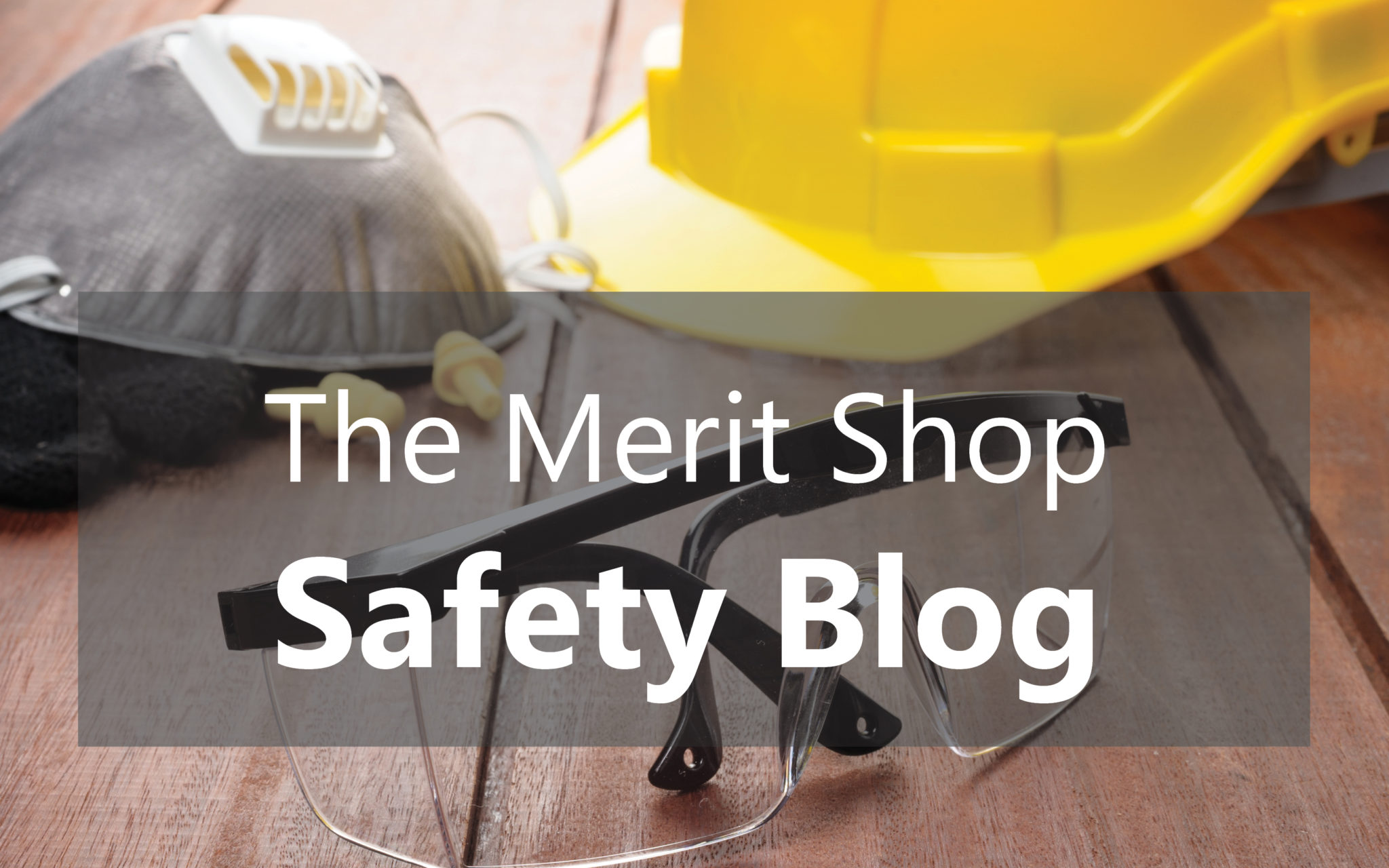By: Kevin B. Keith, Director of Safety Services, ABC Keystone
Those of you that have been readers of these posts will know that the focus has been on preventing workplace injuries through proactive approaches to safety, having management’s involvement in creating a safety culture, and taking a team approach in educating the workforce to work safely and aid in protecting both the worker and the business. Lost in these posts is the impact on the injured worker and the family unit. The impacts of a work-related injury can have long term effects on the family. We should not only consider the impacts experienced in the workplace due to the loss of a key employee, but we should consider the impacts to the family dynamic. Lost income, lower productivity, and decreased quality of life can all describe the impacts in the workplace, and also the impacts in the home.
The family unit, today, not necessarily means a dual income family. Families make choices based on the dollar and sense component of the family and budgetary means. At times, families choose to have one parent work while the other parent stays at home to care for children and save on childcare costs. Other families may consist of a single parent, where the children rely on the parent to be the sole provider. Whatever the family budget consists of, having a care provider injured can have a devastating financial impact.
The financial impact is just one area of concern. Maintenance of a home places pressure on family members also. Shopping for groceries, lawncare, and other home related chores can be pushed to other family members that are already feeling pressure to provide care for the injured loved one. Emotionally, these items can exacerbate the feelings of the injured worker and lead to depression, anxiety or stress, which all can lead to additional health concerns beyond the injury. The snowball effect of these combined events can greatly impact the family unit and their ability to cope with daily challenges.
Preventing a work-related injury falls not only on the employer but also on the employee. In order to be a provider and good caregiver at home, one must protect themselves by recognizing hazards in the workplace and then actively addressing it. Being active in the workplace safety programs and policy development is one way to make a difference. Focus on protecting yourself and then looking to prevent injuries from happening to others is a way to aid in the process and to take personal accountability. Participating in or creating a company safety committee is a great way to make a difference in your company’s safety culture.
ABC Keystone can help in this process by providing safety training programs that educate, participating in your safety committee, and partnering with your safety personnel to address any of your company’s safety needs. Contact us today to see how ABC can help your organization.


